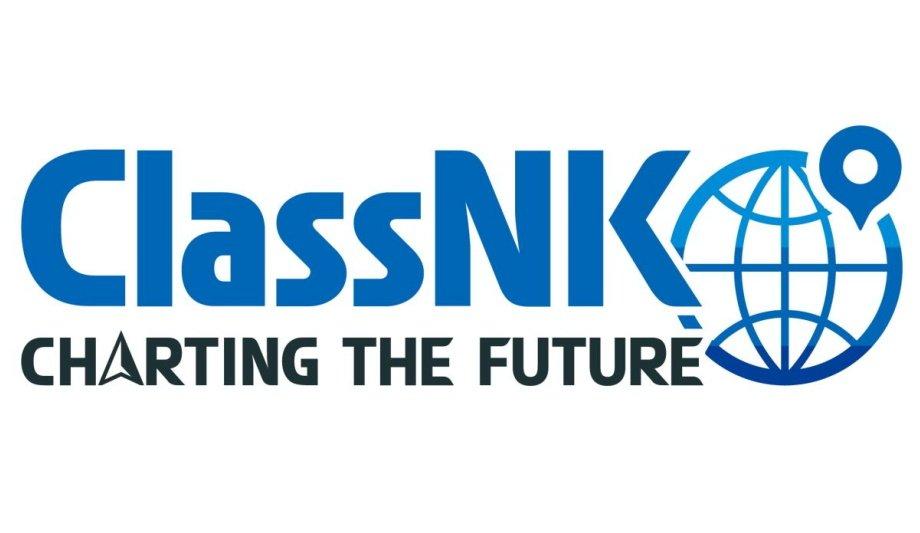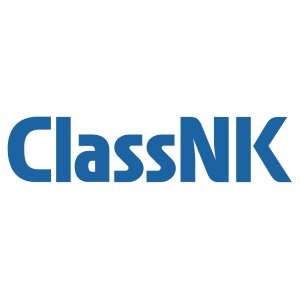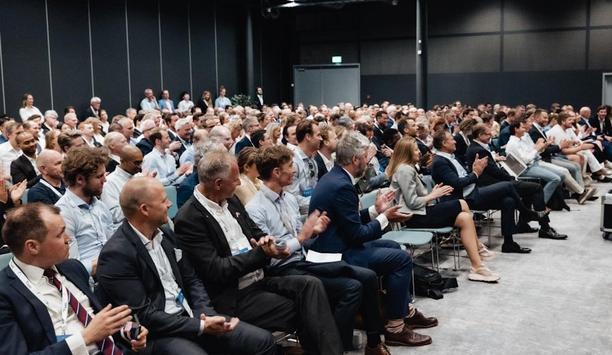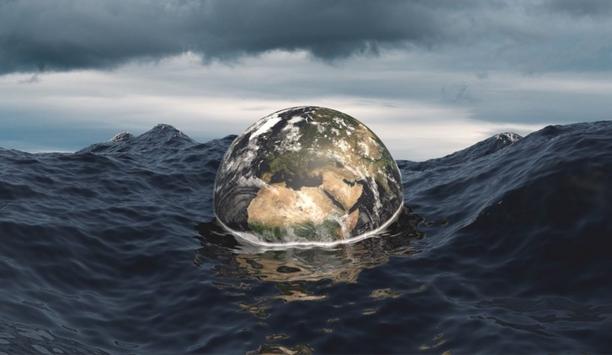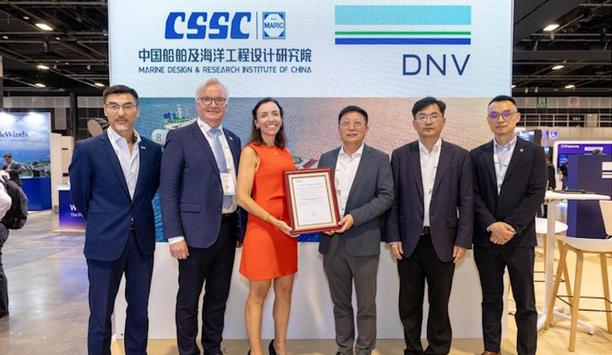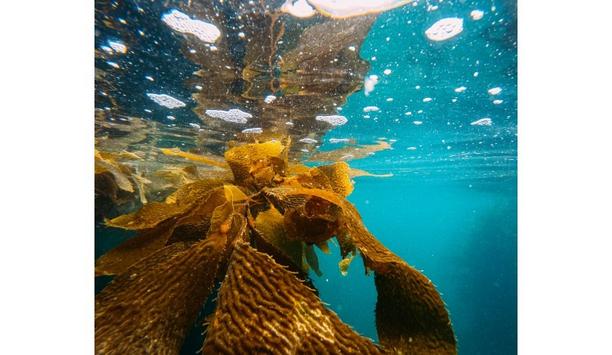Tokyo-based ClassNK has granted its Innovation Endorsement for Products & Solutions to a Blue Visby Solution developed by Blue Visby Services Ltd.
The company describes Blue Visby Solution as a multilateral platform for reducing shipping GHG emissions by 15% by eradicating the practice of ‘Sail Fast, then Wait (SFTW)’ by overcoming the obstacles of implementing ‘Just-in-Time’ berthing.
Collaborative technological and contractual platform
It consists of a collaborative technological and contractual platform
It consists of a collaborative technological and contractual platform that enables most of the GHG benefits by systemically optimising the ocean passage, regardless of whether or not the port of destination has a JiT berthing system in place.
It is designed to provide participating vessels with environmentally optimal, and dynamically optimised, target arrival times, which take into account the overall conditions at the port, weather, and the position and course of other ships steaming to the same destination.
The system only provides target arrival times, while allowing participating vessels to use their own weather routing or voyage planning software.
The Blue Visby Solution
The Blue Visby Solution is intended not to provide voyage optimisation to individual ships, or berthing optimisation to individual ports, but to deliver environmental optimisation of the ocean passage (pilot station to pilot station) of the group of participating ships as a system.
ClassNK has verified its function of the technical and operational platform for allocating environmentally optimal arrival times at defined points to vessels, as well as environmentally optimal arrival times are defined by port capability and ships performances, and contractual architecture for participating in the Blue Visby Solution, for sharing of the financial costs and benefits, for administering the rules of the system.
ClassNK Innovation Endorsement
SFTW is a practice that dates back to the age of sail, and has survived the transitions to steam and to oil"
Haris Zografakis, Partner at law firm - Stephenson Harwood in London and Blue Visby Consortium Co-Ordinator, said, “SFTW is a practice that dates back to the age of sail, and has survived the transitions to steam and to oil. It is incompatible with the industry’s decarbonisation journey, as it is the single largest systemic carbon inefficiency in maritime trade, accounting for about 20% of the carbon footprint of cargo ships.”
Haris Zografakis adds, “The Blue Visby Solution is the only project dedicated to its eradication, supported by the 30+ members of the Blue Visby Consortium. The ClassNK Innovation Endorsement marks a pivotal moment, at a time when the project progresses from studies, hindcasts, simulations and pilot programs to the stage of prototype trials.”
ClassNK and Blue Visby Consortium partnership
Masaki Matsunaga, Corporate Officer / Director of Plan Approval and Technical Solution Division, ClassNK said, “As a proud member of the Blue Visby Consortium, ClassNK is delighted to have conducted the verification on underlying architecture of this initiative aimed at reducing GHG emissions and improving efficiency.”
Masaki Matsunaga adds, “We hope our endorsement serves as a step toward materialising the solution, and anticipate the successful execution of its forthcoming phase to verify commercial feasibility.”
